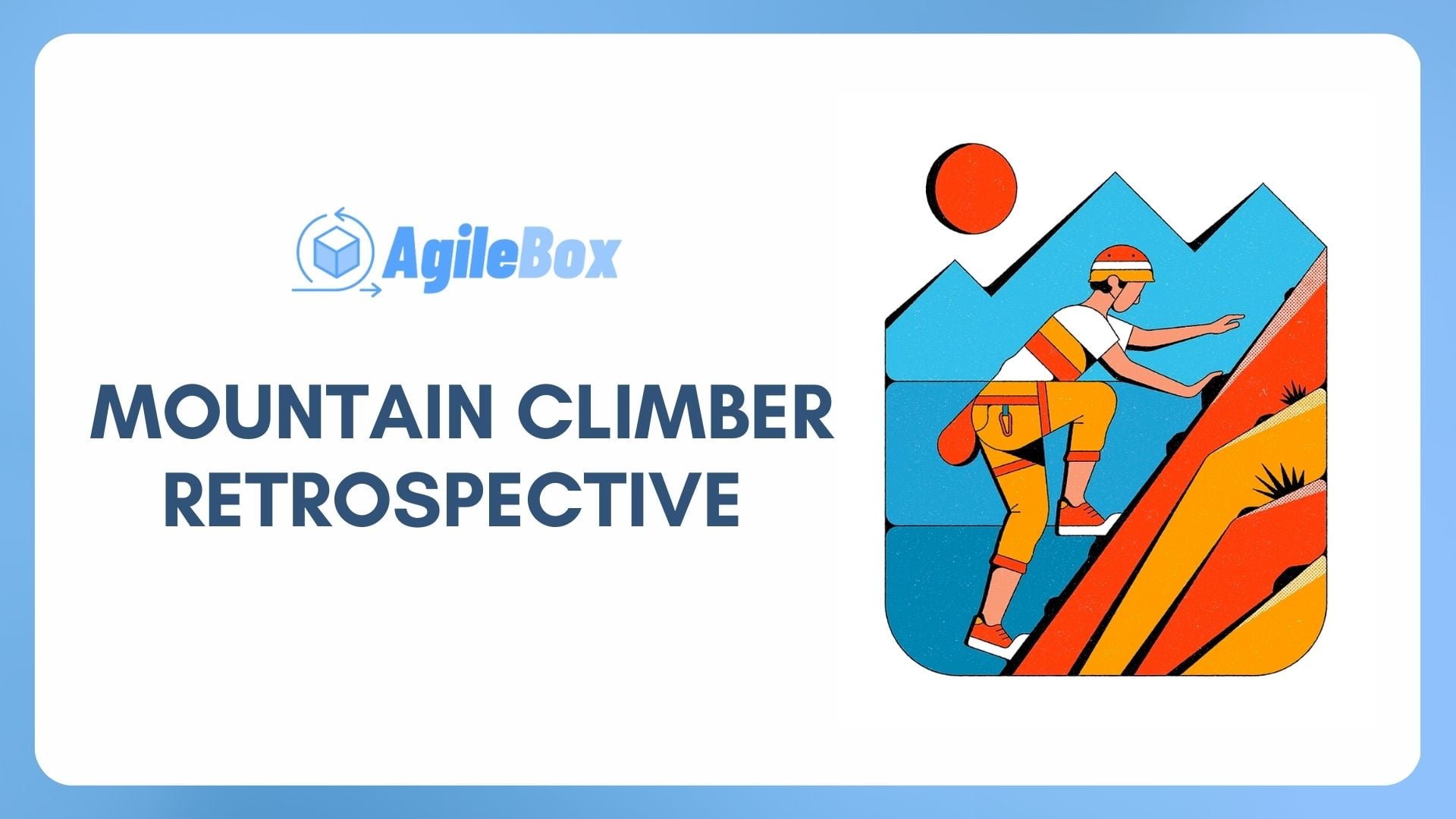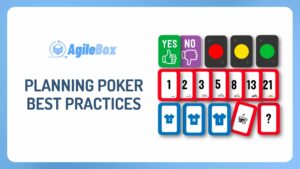As management, one of your main goals may be to make the project as clear, simple, and straightforward as possible. Accordingly, your team may have an easier time accomplishing their tasks and obtaining amazing results. However, no matter how hard you try, your team may still encounter rough patches, challenging sprints, or taxing projects. In these situations, you may not know quite what to do to help reinvigorate your team, and either get back on track with the current project or start fresh on a new journey. The Mountain Climber retrospective may be exactly what you are looking for! Find out more about this retrospective, what it entails, and how it can help your team below.
Contents
What Is the Mountain Climber?
The Mountain Climber retrospective challenges your team to look at their prior sprints or past project like an incredible mountain they just climbed all together. It pulls the team away from their current point of view – exhausted and depleted from the stretch, or dreading the next part of their journey. Instead, it allows the team to look back on what they’ve already accomplished or how far they have progressed; now, they can look at the sprints or the project with pride.
What Is the Mountain Climber Format?
Mountain Climber focuses on certain core elements of an expert-level hike, and each team member will have the chance to reflect on the contents of each category. Reflection upon these factors not only allows your team to realize everything they did do and accomplished, but it also sets them up for a better journey next time. Let’s look a little closer:
Ropes
During a steep climb, hikers must rely on ropes and pulleys to get to their destination. In the Mountain Climber retrospective, team members can place anything that helped them reach their objectives in this category. It can include outstanding team members, encouraging management directives, newly adopted technology, work processes, or activities or events.
Example: I appreciated our morning meetings establishing the overall goal for the day and clarifying the work.
Boulders
The wilderness can be unpredictable. Hikers may encounter boulders blocking their path or they may experience a dangerous rockslide. These factors can hinder the journey or cause hikers to divert from their original map. Team members can place anything that obstructed their work or delayed their progress in this pile.
Example: Our project management program did not work properly for the entire month. It caused confusion, disorganization, and many mistakes.
Weather
Every hiker loves a sunny, clear sky. It makes climbing the mountain much more pleasant and much easier. However, it is not always sunny! The hike may change, or what is necessary for the hike may change, depending on the type of weather. Team members can place anything here that falls under uncontrollable factors that alter the way work is carried out. Typically, they include emotions or attitudes but they could also consider personal matters, team conflicts, and other unpredictable events.
Example: I, amongst many others, did not have a high interest in this sprint’s tasks. I feel like it slowed down our work considerably.
First Aid
Experienced hikers know how to prepare because they have been through trials and tribulations out on the slopes. One of the most common preparedness items is a first aid kit. Team members can place anything they think would improve the next sprint or project, based on the last stretch. Essentially, anything that could help them out if they encountered an obstacle again.
Example: In our next project, we should do regular team building exercises so that we can improve communication, encourage better teamwork, and overcome conflicts.
How Can Mountain Climber Help Your Team?
Mountain Climber is an excellent retrospective when your team just experienced a challenging sprint, project, or specific period. You could even run it multiple times during a project if it is a persistent struggle. Consider these top benefits:
- Reinvigorating Your Team: Continuous difficulties can lead to discouragement. A new perspective, courtesy of the Mountain Climber template, reminds your team of their accomplishments, abilities, tools, and perseverance. It can reinvigorate your team to tackle the next leg of the journey.
- Strengthening Bonds: Difficult times can make or break a team. If team members can reflect on how they all worked together to overcome obstacles, it may inspire better relationships and teamwork.
- Improving the Next Sprint or Project: The First Aid category helps teams understand how they can make the next sprint or project smoother and easier. It also helps them reflect on how they can prepare for anticipated problems, highlighted in Boulders or Weather.
- Deescalating Situations: In some cases, projects truly go off the rails, teams cannot cooperate, and morale is in the gutter. Mountain Climber can help teams get frustration and disappointment off their chest, and come out of the meeting with a new perspective.
Tips for Using Mountain Climber
Mountain Climber may require more effort than other types of retrospectives, simply because your team may be recovering from a difficult or intense period. You may be looking for helpful tips to ensure a smooth meeting:
- Start with an Icebreaker: Although many retrospectives start with an icebreaker, it may be particularly important with this meeting. It will help take the edge off and prepare team members to reflect and answer prompts honestly.
- Provide Anonymity: Team members should always have anonymity when reflecting on questions. They may have trouble being vulnerable and open otherwise, especially if they are coming from a high-tension group.
- Focus on First Aid: If you are in the middle of a sprint, you may wish to focus the most on the First Aid category. It allows team members to bring their insights into the next sprint, which may significantly improve the remainder of the project.
- Add Positivity: Mountain Climber can easily become negatively charged, due to Boulders and Weather. It is important to start and end the meeting on a positive note (Ropes and First Aid respectively) so that team members do not leave with the same feelings they started the retrospective with.
- Show Your Appreciation: Challenges can brew resentment. Be sure to thank your team for pulling through the last few days, weeks, or months.
Try using the Mountain Climber Retrospective template to improve your team productivity here: Agile Planning Poker, Retrospectives, Daily Standup for Jira












